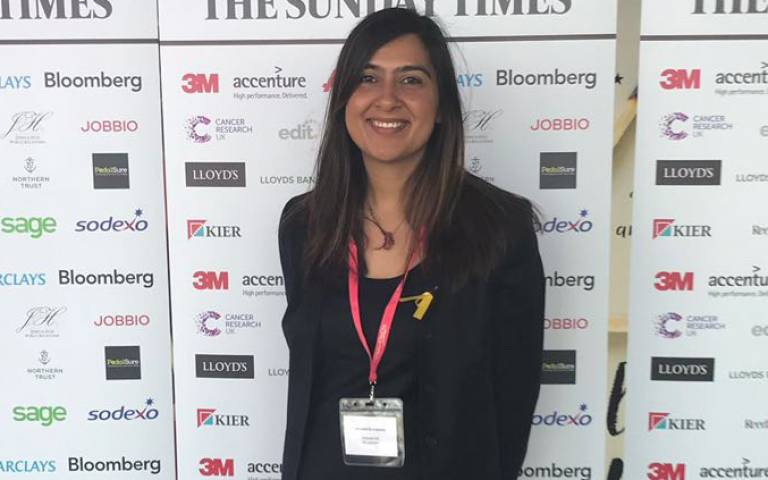Sumanjit Gill

Who is Dr Sumanjit Gill? Three words to best describe you…
I will stick with one word which is dedicated.
What life lesson have you learnt from the pandemic?
To stay grateful.
How would you explain your work to a young person?
I’m a doctor who teaches – initially a generalist who has specialised in Geriatric Med and Stroke. I developed an interest in teaching which has grown to the point where I plan and develop courses for inter disciplinary groups as well as medics and medical students.
Tell us something about yourself that would surprise us?
I climbed Kilimanjaro (right to the top)!
What’s your faith/belief background? How did you grow up?
We are what I would describe as 'Christmas tree Sikh’ – my family is liberal but strict, they made sure I participated in and understood the Sikh faith in its truest sense ie we were open and accepting about other faiths and encouraged to integrate. There was a lot of emphasis on discipline, standing up for what you believe in and tolerance of other’s differences.
How does your faith/belief impact your citizenship of UCL?
Most of the faith based and charity work that I do has been about increasing minority groups access to universities: for example a case book with royalties going to charities for schools in developing countries, speaking at a Jewish school about studying at UCL. I have also done some work supported by the Sikh Chaplaincy teaching doctors about caring for Sikh patients at the end of life. It’s a fulfilling aspect of my work which is of high personal and professional value to me and I am pleased that I work in an institution that supports and encourages this. I am also on the Athena SWAN Equality and Diversity Committee at ION and really looking forward to working with them.
What is your highest aspiration for interfaith cooperation at UCL?
I see interfaith work as a way to invite and create change both in and outside of the UCL community. The past year has highlighted inequalities in the UK with disparities in access to healthcare, education and uncovered a heartbreakingly high level of poverty. My highest hope is that interfaith outreach work can lead to improvement by influencing policy and producing research which can help us understand disparity better. Within UCL itself I hope that it can help to create a sense of belonging, inclusivity and community to enhance working life.
 Close
Close

